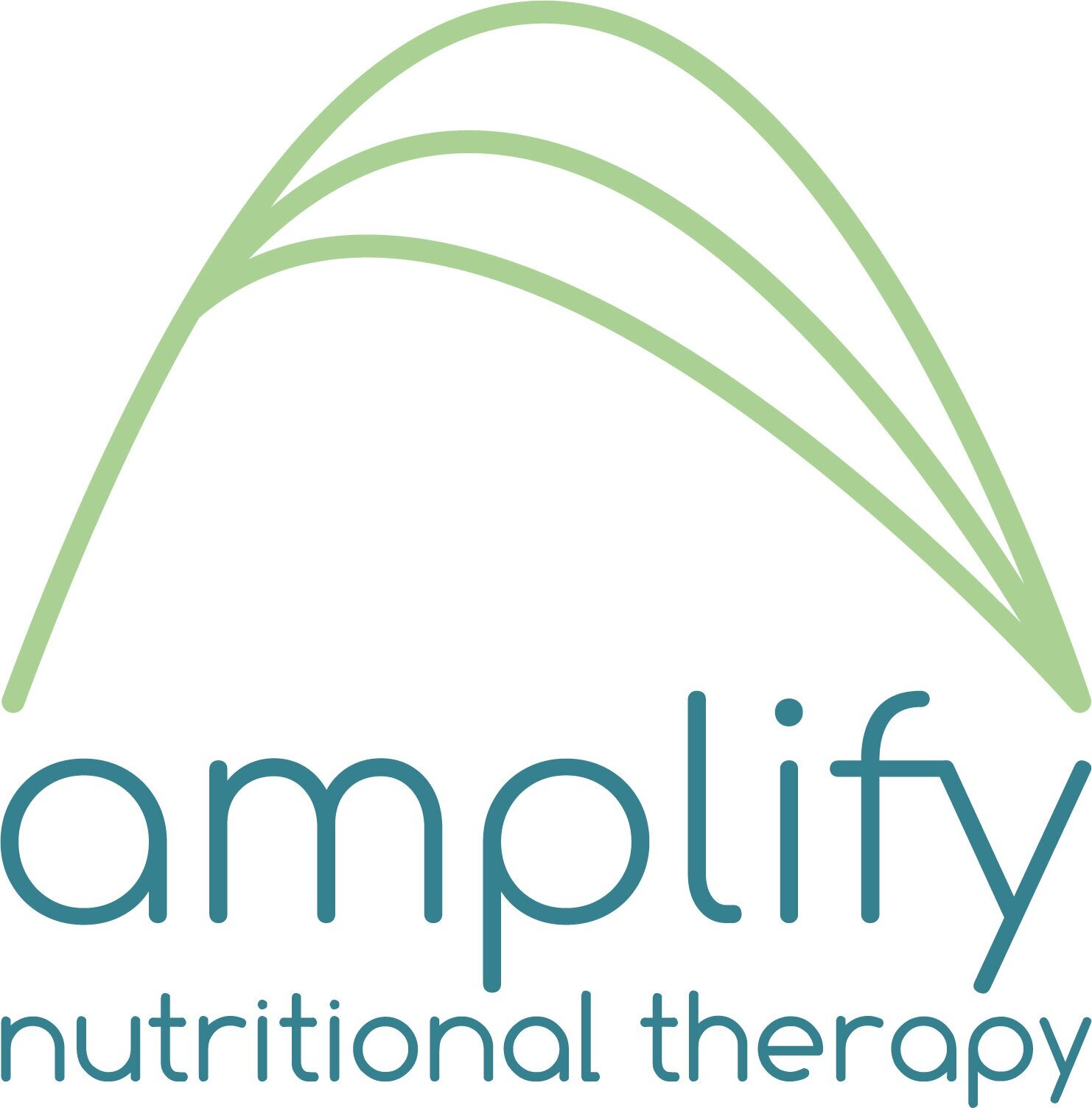Nourishing Longevity: The Role of Nutrition in Supporting Older Adults
As society undergoes a global demographic shift, more individuals are reaching advanced age, making it crucial to understand and address the unique nutritional needs of older adults. In the UK, an older adult is generally defined as an individual aged 65 years or older. With advancements in healthcare, technology, and living conditions, life expectancy estimates have risen significantly over the past century, reaching 78.6 years for males and 82.6 years for females in 2020 to 2022.
Common Issues in Older Adults:
Older adults face various health challenges, including diminished muscle mass, decreased bone density, and a higher susceptibility to chronic diseases such as heart disease, type 2 diabetes, and cognitive decline. Nearly 95% of individuals over 60 have at least one chronic condition, such as high blood pressure, arthritis, depression, high cholesterol, digestive disorders, or kidney disease. Proper nutrition is crucial for preventing and managing these age-related issues.
Blue Zones and Common Factors:
Blue Zones, regions known for having an unusually high number of centenarians, offer valuable insights into longevity. Places like Okinawa, Japan, and Sardinia, Italy, share common lifestyle practices promoting health in older adults, including a plant-centric diet, moderate alcohol consumption (preferably red wine), limited animal product intake, regular physical activity, strong social connections, and a sense of purpose.
The Impact of Diet on Aging:
Diet plays a central role in the aging process, influencing factors such as inflammation, oxidative stress, and mitochondrial function—the energy source for cellular processes. As we age, our repair systems become less effective, emphasizing the importance of a nutrient-dense, balanced diet. Key dietary considerations for older adults include:
1. Protein Intake: Adequate protein is essential for maintaining muscle mass. Sources include poultry, fish, beans, and dairy products. Incorporating protein into every meal, including breakfast with options like eggs or Greek yogurt, is recommended.
2. Omega-3 Fatty Acids: Found in olive oil, fatty fish, walnuts, and flaxseeds, omega-3 fatty acids have anti-inflammatory properties supporting cognitive health.
3. Antioxidant-Rich Foods: Fruits and vegetables rich in antioxidants combat oxidative stress and supply a broad spectrum of vitamins and minerals. Include a variety of colours, with a focus on purple plants high in polyphenols.
4. Magnesium: Found in dark chocolate, avocadoes, nuts, legumes, tofu, seeds, and whole grains, magnesium is crucial for over 300 bodily functions.
5. Vitamin D: Essential for bone, brain, and immune health, vitamin D is found in oily fish, egg yolks, red meat, and liver. During winter, consider a vitamin D supplement. How to supplement vitamin D.
6. CoQ10: Levels decrease with age, and statins may further lower production. Oily fish, liver, whole grains, or supplementation can be supportive.
7. Hydration: Aging diminishes the sense of thirst, making dehydration common. Staying well-hydrated supports overall health.
Lifestyle Considerations:
Adequate sleep, with 5-7 hours as a minimum and avoiding excessive sleep beyond 9+ hours, is crucial for healthy aging. Regular physical activity, even as little as 13 minutes a day, can extend life by three years. Try and stay connected with friends and family.
Conclusion:
Addressing the nutritional needs of older adults is critical for promoting health and longevity. By incorporating insights from Blue Zones and understanding the impact of specific nutrients, health practitioners can offer tailored dietary recommendations. As the global population ages, a proactive approach to nutrition in older adults becomes imperative, not only for extending life expectancy but also for enhancing the quality of life in later years.

